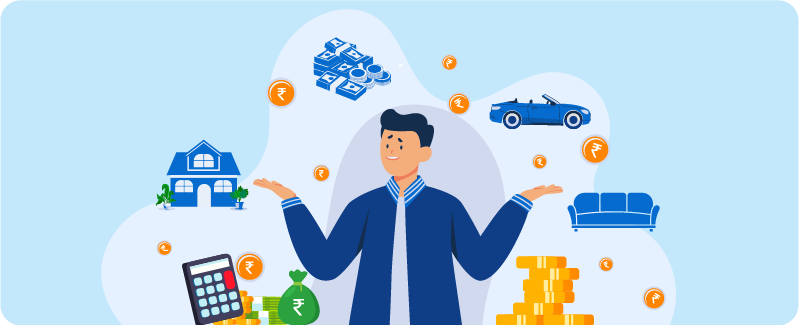Unified Payments Interface, commonly known as UPI, is a single platform that merges various banking services and features under one umbrella. A UPI ID and PIN are sufficient to send and receive money. While it is extremely convenient to use, it has also increased the scope of cyber-attacks and raised many digital security concerns.
How does UPI work?
A UPI interface allows customers to make easy bank transactions using a mobile platform. Developed by the National Payments Corporation of India (NPCI) and regulated by the Reserve Bank of India (RBI), it has made online inter-bank transfers very convenient.
Using verified digital payment apps like Google Pay, Paytm and PhonePe, allows users to make quick mobile transactions in just one click.
Even though UPI has a huge impact on the digital economy, it comes with considerable security risks.
Types of UPI scams
A significant rise in UPI transactions has led to increasing online financial attacks, UPI fraud complaints, hacking, cyber-frauds, and other associated risks. Some of the most common types of UPI scams are:
- Phishing : This is where fraudsters send an email or SMS containing unauthorized links. Clicking on these links will direct you to the UPI app on your phone and result in an auto-debit from your account. These links can be incredibly harmful and can also infect your phone with viruses or malware.
- Remote screen-monitoring : Sometimes, downloading an unverified application from the app store can lead to privacy breach and data leak. These third-party apps can extract confidential data from your phone and tap into UPI app details, which can result in UPI fraud.
- Unverified links : Many users are unaware that you do not need to scan a QR code or enter your UPI pin to receive money on the UPI app. Often, hackers will send fake links stating an option for ‘request money’. Once you click on this link, it will ask for your UPI pin or to scan a code. Doing so can expose your financial details to hackers.
- Fake calls : Here, fraudsters will call you pretending to be bank representatives and ask for your UPI pin or ask you to download a third-party app, stating it is for verification purposes. Doing so gives them access to your data and account details.
Safety precautions while using UPI apps
- Maintain privacy : Never disclose confidential details like your UPI pin, passwords, or card number to anyone. In case of exposure, change your m-pin immediately. You can also put a lock on your digital apps to be extra secure.
- Use authentic apps : Do not download unverified third-party apps. While downloading mobile banking apps, ensure they are always downloaded from the App Store or Google Play Store.
- Verify contacts : Do not respond to unverified messages or calls from individuals claiming to be bank representatives. SMSes can also be sent in the name of Employee Provident Fund Organization (EPFO) or Insurance Regulatory and Development Authority India (IRDAI). However, note that they do not send messages to users.
- Secure browsing : While searching for customer care numbers, try to look at the official website instead of Google. Scammers often put up illegitimate numbers on sites that look official or verified but are actually not which can then lead you to fake call centers run by hackers.
- Check contacts : Users must not accept payments from unknown accounts on UPI. If you get unidentified money requests, simply decline them.
In case you come in contact with a fraudster, report the incident to the nearest cyber-crime center, or log in to your UPI app and check the ‘Help’ section. It will contain details about how to report a cyber-crime and information on how to stay safe while carrying out the UPI transactions.
Make sure to keep these tips in mind when you make your next EMI loan payment to DMI Finance through any digital platform. Enjoy the convenience of virtual transactions while safeguarding yourself from scams.




